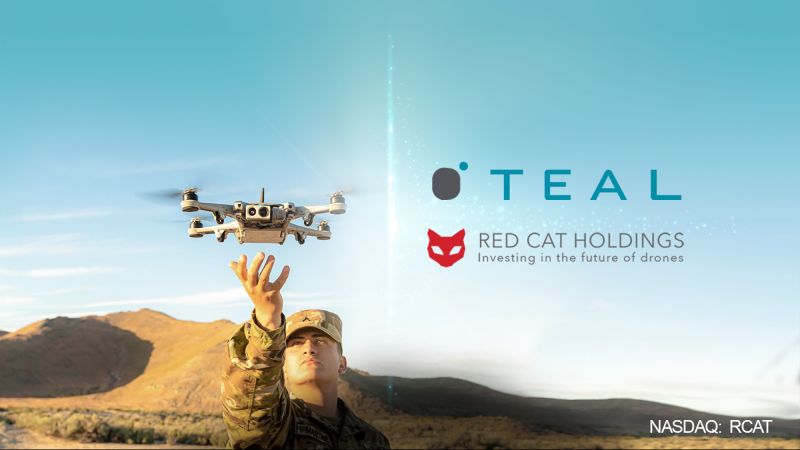FAA asks local police for help identifying, investigating drone violations


By Dave Cawley, Deseret News
PERRY, Box Elder County — The Federal Aviation Administration wants the nation’s police to help track down drone operators who are breaking the rules.
Earlier this month, the agency published guidance for law enforcement agencies. It advises officers on how they can gather evidence and information about pilots of unmanned vehicles suspected of flying unlawfully.
The document has caught the attention of some amateur pilots who hope to avoid misunderstandings with the government.
“They don’t know how to handle the number of possible units in the air,” said Jon McBride with Salt Lake City-based Rocky Mountain Unmanned Systems.
Many of the aircraft flown by hobbyists come from outside the country and don’t include information about U.S. legal restrictions. McBride said he believes the FAA guidance will help temper police responses to complaints about drones.
“Are they telling them, ‘No?’ Are they tossing them in a squad car? Are they taking their stuff? No. That’s not what the intention is here,” McBride said.
The FAA is also in the process of drafting more permanent rules for drone use in the nation’s airspace. Commercial flying currently requires a special certificate of authorization from the federal government. Hobbyists are largely free to fly at low elevations as long as they stay away from sensitive sites such as airports.
Last summer, the director of the National Park Serviceordered park administrators to craft restrictions on drone operations within park boundaries.
It’s yet to be seen if those restrictions would withstand a court challenge.
“The law hasn’t addressed it,” said Utah civil rights attorney Stewart Gollan. “There is no case law because it’s a new thing.”
Many amateur drone operators use aircraft equipped with cameras. Gollan said such photography or videography can qualify for constitutional free speech protections.
Cameras can also draw more attention from law enforcement due to the potential for privacy violations.
“If these drones are going to be filming, which is drone plus camera, then there are additional concerns raised that law enforcement might have,” Gollan said.
He said the Constitution allows officers to speak with drone operators, but they should be careful not to detain operators unless they have probable cause to believe a crime has been committed.
“Until law enforcement has a legal basis to say, ‘This is something you shouldn’t be doing,’ they essentially need to stay away,” Gollan said.
But Utah Rep. Lee Perry, R-Perry, said he believes law enforcement officers are within their rights to speak with drone operators. Perry also doesn’t see reason for conflict.
“I’m the last person who would say, ‘Yeah, I want to confiscate this gear,’ because I’ve flown some of these, and I actually bought small drones for some of my kids,” he said.
Perry also works as a full-time lieutenant with the Utah Highway Patrol. He said the technology can prove useful for police too.
“We’ve used them in the highway patrol for accident investigation purpose,” Perry said.
In 2014, the Utah Legislature passed a law restricting the use of unmanned aerial vehicles by police. SB167 requires state agencies using drones to report the details of each flight to the Utah Department of Public Safety.
Perry said that has discouraged some officers from using remote-controlled aircraft in potentially life-saving situations, such as with search and rescue. He is working on a follow-up bill that would remove some of the red tape imposed by the earlier law.






